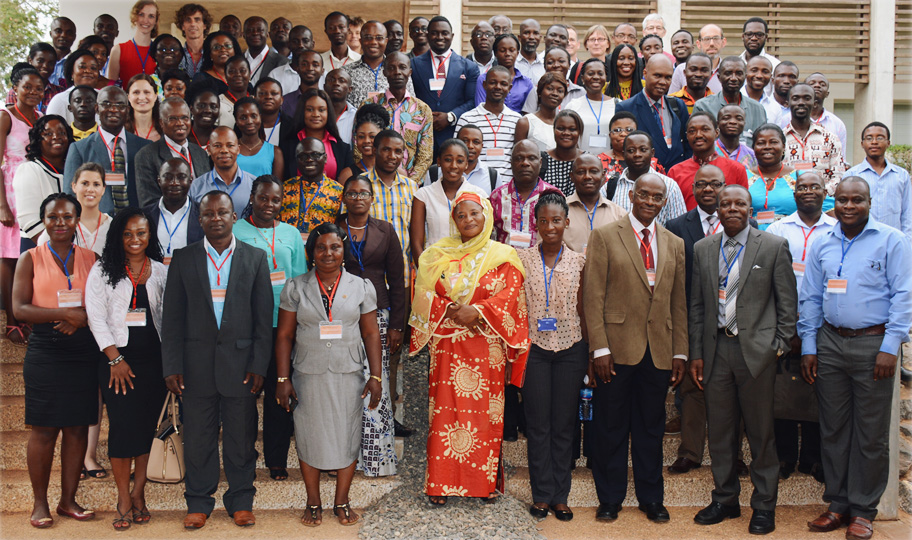To assess differences in the prevalence of Type II diabetes and obesity among Ghanaian migrants in three European countries (Germany, Netherlands and the UK) and their compatriots inboth rural and urban Ghana;
To identify relevant (epi)genetic, biochemical, nutrition and lifestyle factors as well as social factors and their relative contribution to the risks of Type II diabetes and obesity among Ghanaians living in different locations, and to identify differences in the respective risk factor contributions between these location;
To explore the presence of interactions between (epi)genetic and lifestyle factors, particularly dietary behaviour and physical activity, in resident and migrating Ghanaians;
To gain in-depth insight into perception and knowledge of Type II diabetes and obesity among Ghanaian migrants and their compatriots in rural and urban Ghana. Use all new insights based on our findings to inform targeted intervention and prevention, and to provide a basis for improving diagnosis and treatment.




